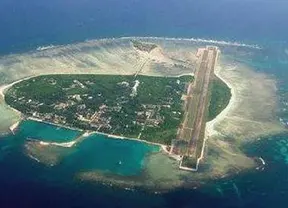
The arbitral tribunal in the Philippines' South China Sea (SCS) arbitration exceeded its competence by circumventing the real disputes and by degrading the role of States, such arbitral expansion is detrimental to the settlement of disputes, said Haibo Gou, legal advisor and counsellor at the Chinese embassy in the Netherlands.

Two leading experts on international law in Britain have recently published two research papers, both concluding that an arbitral tribunal which allowed the South China Sea case initiated by the Philippines against China to go ahead is not convincing in many respects.
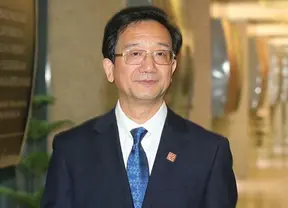
The way that China and Malaysia have developed bilateral relations while managing differences serves an example that amicable consultation is the only right approach to solve the disputes over South China Sea, a Chinese envoy said Monday.
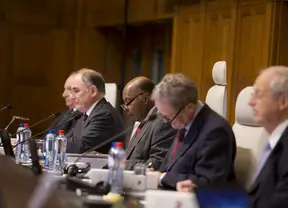
The decisions taken by a tribunal set up by the Permanent Court of Arbitration (PCA) are unfair, and China is justified in rejecting them, a Houston-based professor told Xinhua in a recent interview.

The Chinese Foreign Ministry on Wednesday issued a statement on settling disputes between China and the Philippines in the South China Sea through bilateral negotiation.
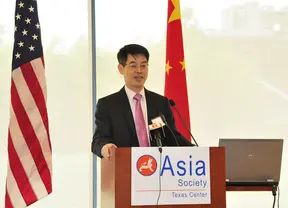
Bilateral negotiation is the best way as arbitration is not a choice for China and other claimants to settle their disputes over the South China Sea islands, a senior Chinese diplomat said here Friday.
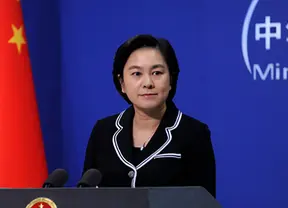
China hopes the Philippines' new government can return to dialogue with China to resolve the South China Sea disputes, a spokesperson said Wednesday.

The pending decision out of the South China Sea arbitration in The Hague, which was initiated by the Philippines, is a legal monstrosity and reeks of hegemony from Washington, said Wu Ken, China's Ambassador to the Netherlands.

It is worth noting that right before the signing of the DOC, opinions divided about what name to use referring to the disputed areas. Most ASEAN Member States wanted to use the expression of “Spratly Islands”, while having no objection to China using “Nansha Islands”.

Violence against medical staff continues to make headlines in China, highlighting the urgency of protecting practitioners, and more importantly, improving communication between patients and doctors.
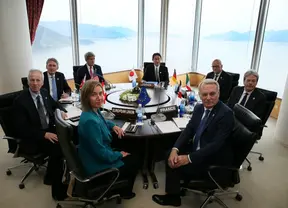
China on Tuesday expressed strong dissatisfaction after foreign ministers from the Group of Seven (G7) issued a statement that touched upon disputes in the East and South China Seas.

The U.S. government is recently struggling hard to justify its criticism of China's defensive moves in the South China Sea, because it is clear that it is the United States, not China, that is the real source of militarization of the region.

A Foreign Ministry spokesperson on Wednesday criticized the Philippines as tribunal in the Hague began hearing a case initiated by the Philippines over the South China Sea.

China on Monday reiterated that it will not accept nor participate in the arbitral proceedings unilaterally initiated by the Philippines.

In principle, China, like any other country in the world, will not give up an inch of its land. In reality, it is willing to cooperate with others to manage resources and protect free navigation in the South China Sea, which benefits not only individual countries, but also the region as a whole.

The Philippines has been acting like a crying baby by seeking international arbitration over its territorial spats with China in the South China Sea. It may get fondness, but will not help settle the disputes.

Chinese medical workers are under pressure from growing doctor-patient disputes, according to a survey released by DXY.COM, an online community for medical staff.